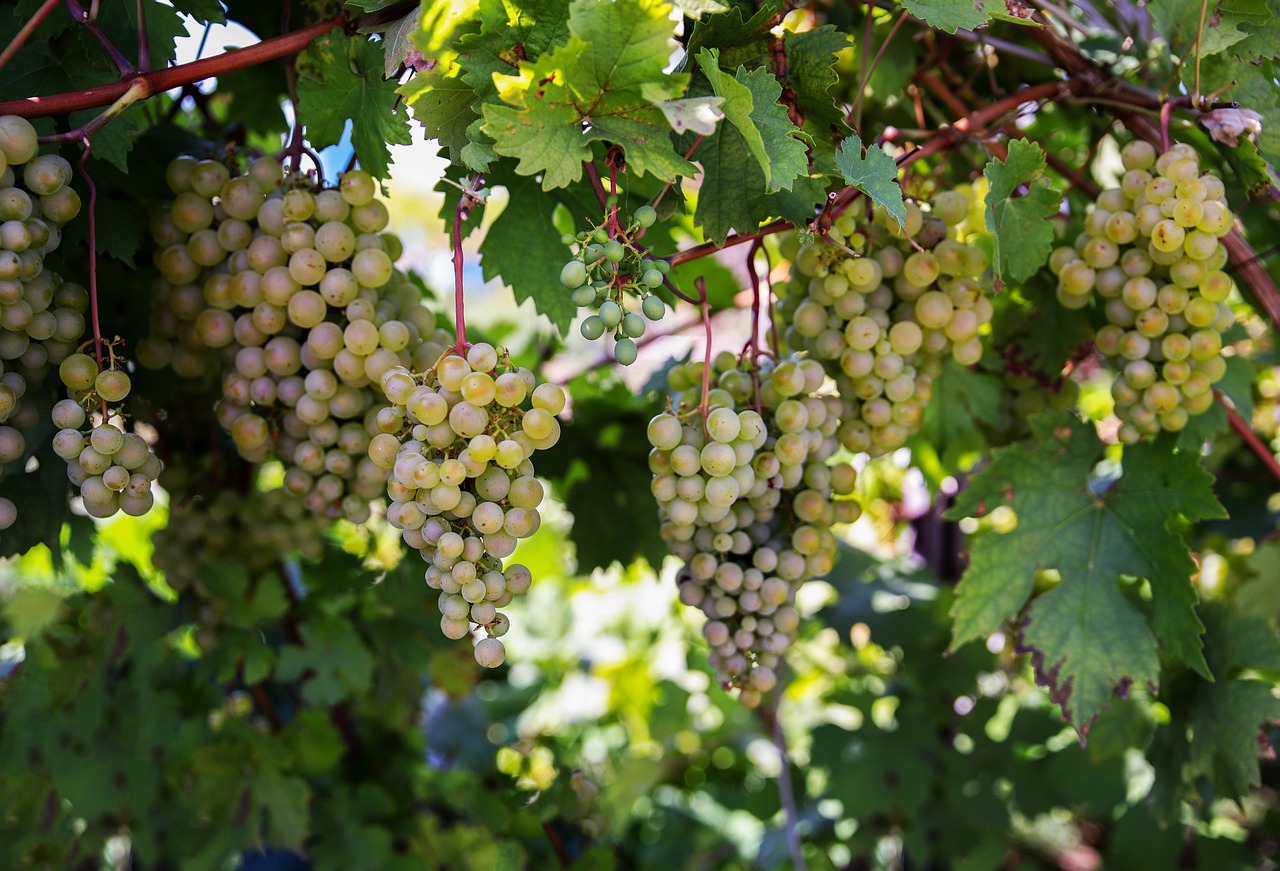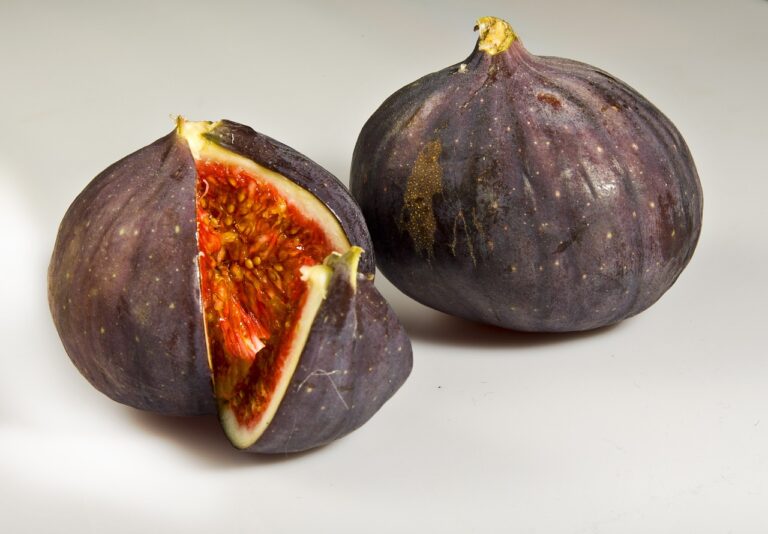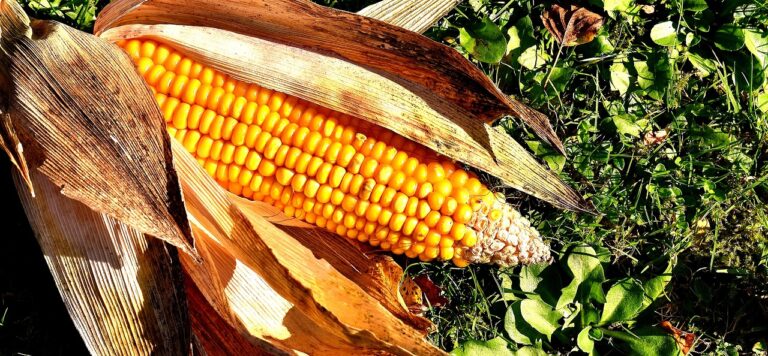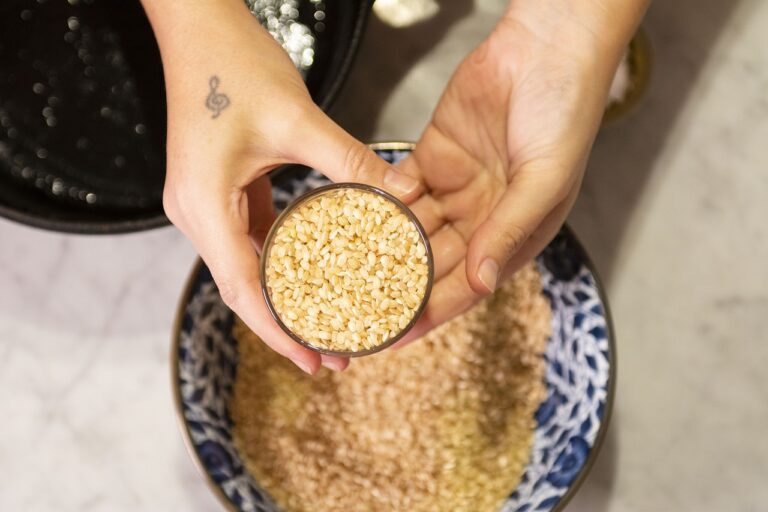Enhancing Nut and Seed Product Quality Through Sustainable Farming Practices: Lotus book 365, Play exchange 99, All panel.com
lotus book 365, play exchange 99, all panel.com: Enhancing Nut and Seed Product Quality Through Sustainable Farming Practices
In today’s modern world, consumers are becoming more conscious of where their food comes from and how it is produced. This has led to an increase in demand for products that are not only nutritious but also produced in a sustainable and environmentally friendly manner. Nut and seed products are no exception to this trend, with consumers seeking out products that are not only delicious but also produced in a way that minimizes harm to the environment and supports local communities. In this article, we will explore how sustainable farming practices can enhance the quality of nut and seed products, providing consumers with healthier and more environmentally friendly options.
Introduction to Sustainable Farming Practices
Sustainable farming practices are methods of agriculture that focus on preserving and enhancing the environment while also ensuring the long-term viability of the farm. These practices aim to minimize the use of harmful chemicals, reduce waste and pollution, conserve water and soil, and promote biodiversity. By implementing sustainable farming practices, farmers can produce high-quality nut and seed products that are not only healthier for consumers but also better for the planet.
Benefits of Sustainable Farming Practices for Nut and Seed Products
There are numerous benefits to using sustainable farming practices in the production of nut and seed products. Some of the key benefits include:
1. Improved Soil Health: Sustainable farming practices, such as crop rotation, cover cropping, and minimal tillage, help to improve soil health by reducing erosion, increasing organic matter content, and promoting beneficial soil microorganisms. Healthy soil leads to healthier plants and higher-quality nuts and seeds.
2. Reduced Chemical Use: Sustainable farming practices minimize the use of synthetic fertilizers and pesticides, reducing the risk of harmful chemical residues in nut and seed products. This not only makes the products safer for consumers but also reduces the impact on the environment.
3. Water Conservation: Sustainable farming practices help to conserve water by promoting efficient irrigation methods, such as drip irrigation, and reducing water waste through practices like mulching and cover cropping. This is especially important for nut and seed crops, which typically require large amounts of water to grow.
4. Biodiversity: Sustainable farming practices help to promote biodiversity by creating habitats for beneficial insects, birds, and other wildlife. This can help to reduce the need for chemical pest control methods and create a more resilient ecosystem on the farm.
5. Carbon Sequestration: Some sustainable farming practices, such as agroforestry and cover cropping, can help to sequester carbon in the soil, reducing greenhouse gas emissions and mitigating climate change. This can have a positive impact on the environment and help to create a more sustainable food system.
6. Community Benefits: Sustainable farming practices can also provide economic benefits to local communities by creating jobs, supporting small-scale farmers, and promoting local food systems. This can help to build resilience in rural communities and support sustainable development.
Examples of Sustainable Farming Practices for Nut and Seed Products
There are many sustainable farming practices that can be used to enhance the quality of nut and seed products. Some examples include:
1. Agroforestry: Agroforestry is a land use system that combines trees and shrubs with crops or livestock. This practice can help to improve soil fertility, promote biodiversity, and provide additional income for farmers through the sale of timber, fruits, and nuts.
2. Integrated Pest Management: Integrated pest management (IPM) is a holistic approach to pest control that aims to minimize the use of synthetic pesticides by using a combination of biological, cultural, and mechanical control methods. This can help to reduce the impact of pests on nut and seed crops while minimizing harm to beneficial insects and wildlife.
3. Organic Farming: Organic farming involves growing crops without the use of synthetic fertilizers, pesticides, or genetically modified organisms. This can help to produce nut and seed products that are free from harmful chemicals and additives, making them more environmentally friendly and healthier for consumers.
4. Water-Saving Techniques: Water-saving techniques, such as drip irrigation, rainwater harvesting, and soil moisture monitoring, can help to reduce water use on the farm and conserve this precious resource. This is especially important for nut and seed crops, which require large amounts of water to grow.
5. Crop Rotation: Crop rotation is a practice where different crops are planted in a specific sequence to improve soil health, break pest cycles, and reduce the need for synthetic fertilizers. This can help to maintain the long-term productivity of the land and enhance the quality of nut and seed products.
6. Cover Cropping: Cover cropping involves planting non-harvested crops, such as legumes or grasses, in between main crop plantings to protect and improve the soil. Cover cropping can help to reduce erosion, suppress weeds, and add nutrients to the soil, leading to healthier nut and seed products.
FAQs
Q: How can sustainable farming practices benefit the environment?
A: Sustainable farming practices can benefit the environment in many ways, such as reducing water and air pollution, conserving natural resources, promoting biodiversity, and mitigating climate change. These practices help to create a more resilient and sustainable food system that supports environmental health and well-being.
Q: Are sustainable farming practices more expensive than conventional methods?
A: While sustainable farming practices may require an initial investment in new equipment or infrastructure, they can often lead to cost savings in the long run by reducing the need for synthetic inputs, improving soil health, and increasing crop yields. Additionally, consumers are increasingly willing to pay a premium for sustainably produced products, which can help to offset any additional costs.
Q: How can consumers support sustainable farming practices?
A: Consumers can support sustainable farming practices by choosing to buy products that are certified organic, fair trade, or produced using sustainable farming methods. By supporting farmers who are committed to sustainability, consumers can help to create a more sustainable food system and improve the quality of nut and seed products available on the market.
Conclusion
Sustainable farming practices play a crucial role in enhancing the quality of nut and seed products, providing consumers with healthier and more environmentally friendly options. By adopting practices that promote soil health, reduce chemical use, conserve water, promote biodiversity, and support local communities, farmers can produce high-quality nuts and seeds that benefit both people and the planet. As consumers continue to demand products that are sustainably produced, the adoption of these practices will become increasingly important for the future of agriculture and food production.







